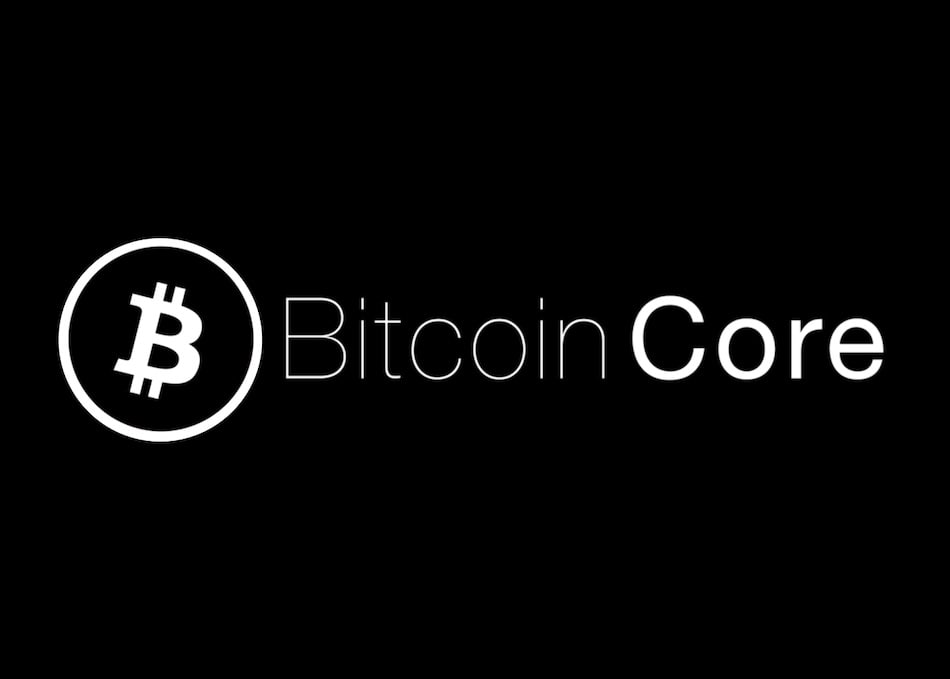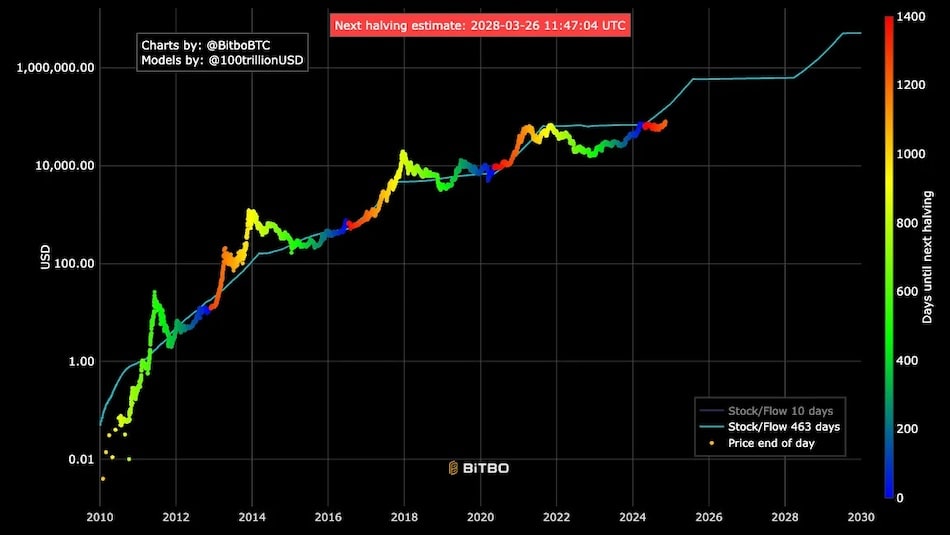
A heated discussion has emerged among Bitcoin developers following the publication of Bitcoin Improvement Proposal 444 (BIP-444), which seeks to curb the inclusion of arbitrary data in Bitcoin transactions.
The move comes after the recent v30 Core update, which removed restrictions on data added via OP_RETURN, sparking concerns about potential legal liabilities if illegal content were uploaded to the blockchain.
What BIP-444 proposes
BIP-444 aims to impose strict limits on the size of data that can be included in transactions:
OP_RETURN outputs would be capped at 83 bytes, and most other scriptPubKeys at 34 bytes.
The proposal would also limit data pushes, invalidate certain script versions to prevent circumvention, cap embedded Merkle trees in Taproot outputs, and prohibit OP_IF in Tapscripts—directly affecting the Ordinals protocol.
The proposed changes would result in a soft fork, temporarily invalidating some previously valid transactions for about a year to give developers time to seek a longer-term solution.
Motivations and support
Supporters of BIP-444 point to the risk of illegal data, such as child sexual abuse material, being permanently stored on the blockchain. The proposal states:
“If the blockchain contains content that is illegal to possess or distribute, node operators are forced to choose between violating the law (or their conscience) or shutting down their node. This unacceptable dilemma directly undermines the incentive to validate, leading to inevitable centralization and posing an existential threat to Bitcoin’s security model.”
Veteran developer Luke Dashjr, known for his opposition to Ordinals, has voiced support for the proposal, noting it is “on track with no technical objections.”
Criticism and concerns
Detractors, including Ordinals proponents and Casa co-founder Jameson Lopp, argue that restricting data storage amounts to censorship and undermines Bitcoin’s permissionless ethos. Lopp commented:
“By running a node you consent to the consensus rules of the network. If you don’t consent, you can simply not run a node.”
Critics also note that arbitrary data has existed on the network since its genesis block, and question the legal risks highlighted by supporters, arguing that legal experts disagree.
Next steps for the proposal
BIP-444 has yet to be shared with the Bitcoin Development Mailing List, a standard phase for gathering broader feedback.
For now, the proposal continues to generate significant discussion on forums and social media, reflecting ongoing tensions between network resilience and resistance to censorship.



